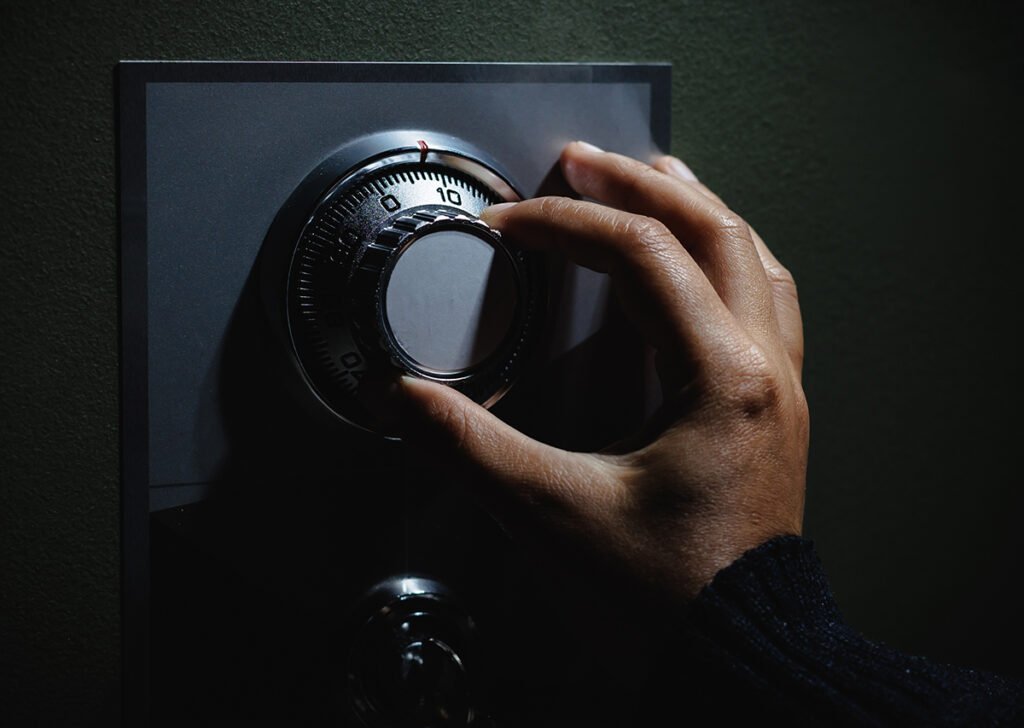DHS Unveils H-1B Overhaul: Wage-Based Lottery and $100,000 Petition Fee

Summary
- DHS has proposed replacing the current random H-1B lottery with a wage-based selection system that gives higher-paid positions better odds.
- Separately, a new $100,000 petition fee has been introduced, significantly raising costs for employers filing H-1B petitions.
- These measures follow other enforcement efforts, including the Department of Labor’s “Project Firewall,” aimed at curbing program misuse.
- Supporters say the changes promote higher wages and fairer competition, while critics warn they could disadvantage startups, smaller companies, and entry-level workers.
Introduction
The Department of Homeland Security (DHS) has announced two major changes to the H-1B visa program: a proposed wage-based lottery system and a newly implemented $100,000 petition fee. Together, these measures represent the most significant reforms to the program in recent years, aimed at reshaping how visas are allocated and addressing concerns about wage suppression and program abuse. While the wage-based lottery proposal will undergo a public comment period before potential implementation in fiscal year 2026, the $100,000 petition fee has already been introduced.
Background
The H-1B visa program allows U.S. employers to temporarily hire foreign workers in specialty occupations, primarily in science, technology, engineering, and mathematics (STEM) fields. The program has long faced demand exceeding the annual cap of 85,000 visas, with U.S. Citizenship and Immigration Services (USCIS) conducting a random lottery when registrations surpass the limit.
Critics of the existing system argue that the random lottery often benefits lower-wage roles, while higher-paying jobs are underrepresented. At the same time, concerns have grown that outsourcing companies use the program to replace U.S. workers with lower-cost foreign labor. Reports show that some firms have laid off thousands of American employees while securing large numbers of H-1B workers, in some cases requiring U.S. workers to train their replacements.
Advocates see the proposal as an incentive for employers to offer stronger wages and petition for more senior positions. However, critics caution that recent graduates, startups, and nonprofits could face disadvantages if they cannot match the salaries offered by larger corporations.
Key Takeaways
The $100,000 Petition Fee
- DHS has introduced a $100,000 petition fee for H-1B filings.
- The fee applies to petitions for specialty occupation workers and is intended to raise costs for employers, particularly high-volume filers.
- While meant to deter misuse, the fee creates barriers for smaller companies and startups that may struggle with the added cost.
- Combined with the wage-based lottery, the measure reflects DHS’s goal of concentrating visa approvals among higher-paid, highly skilled positions.
Impact on Employers and Workers
- Large corporations offering higher salaries are likely to benefit.
- Smaller employers, startups, and nonprofits may face financial strain from the $100,000 fee and the disadvantage of offering lower wages.
- Tech consulting firms may reduce mid-level sponsorships and focus more on senior roles.
Effects on International Students and Recent Graduates
- Entry-level workers, often classified at Level I wages, may face reduced odds in the lottery.
- The high petition fee may discourage employers from sponsoring new graduates, reducing opportunities for international students.
Industry and Policy Concerns
- Stakeholders warn the reforms could deter international students from choosing U.S. institutions if job prospects decline.
- It is unclear whether DHS will account for total compensation (bonuses, stock options) or just base salary when determining wage levels.
- Critics argue the changes may reduce workforce diversity, concentrating visas among large, well-capitalized employers.
Labor Market and Security Context
- Foreign STEM employment in the U.S. nearly doubled between 2000 and 2019, with foreign workers making up 26.1% of computer and math occupations by 2019.
- DHS cites data suggesting abuse of the program has displaced U.S. workers, suppressed wages, and raised national security concerns.
- By imposing higher costs and prioritizing higher-paid roles, DHS aims to refocus the program on filling critical shortages with top talent.
Conclusion
The wage-based lottery proposal and the $100,000 petition fee mark a significant shift in U.S. H-1B policy. Together, they aim to reduce reliance on lower-wage foreign labor, address program abuse, and align the visa more closely with its intended purpose of attracting highly skilled professionals. The combined impact of these measures highlights the evolving role of the H-1B program in U.S. labor markets, innovation, and global competitiveness.